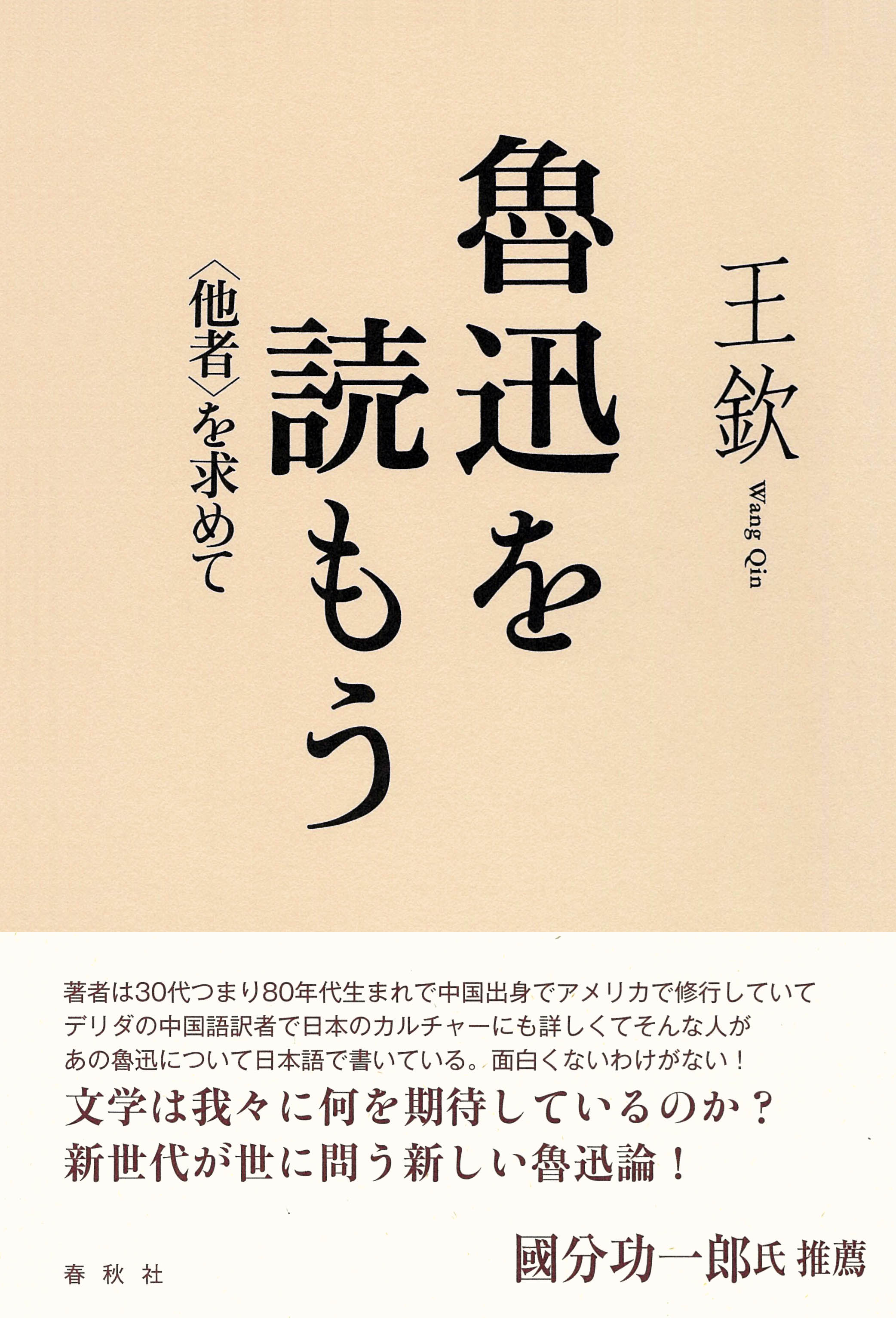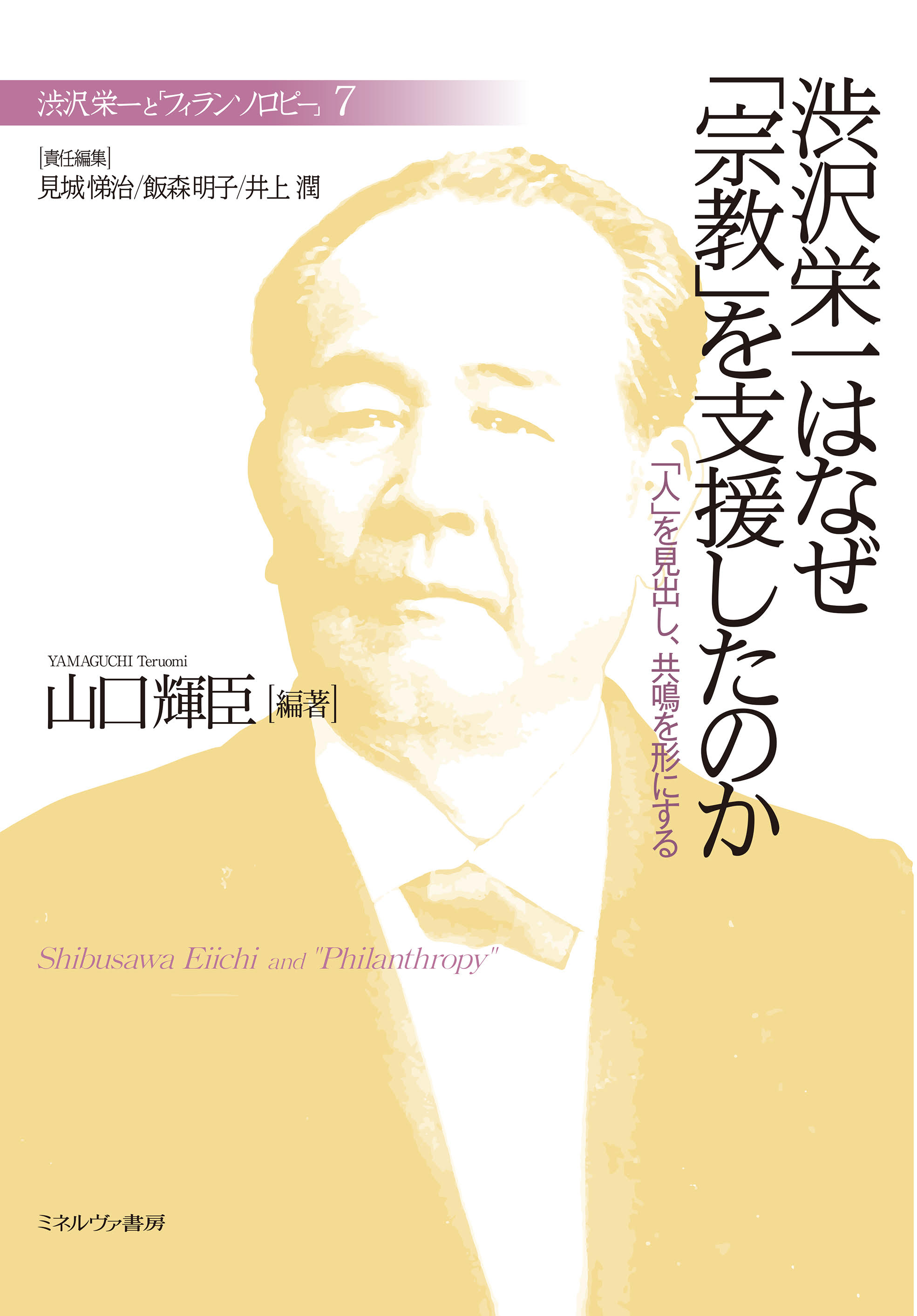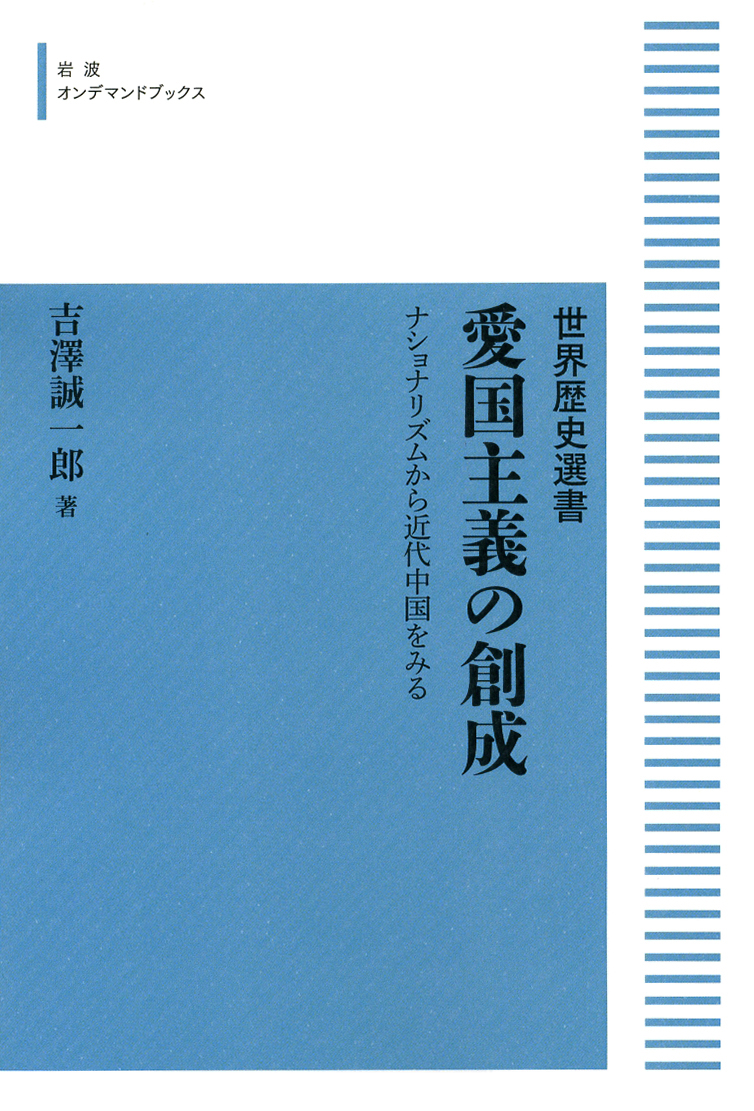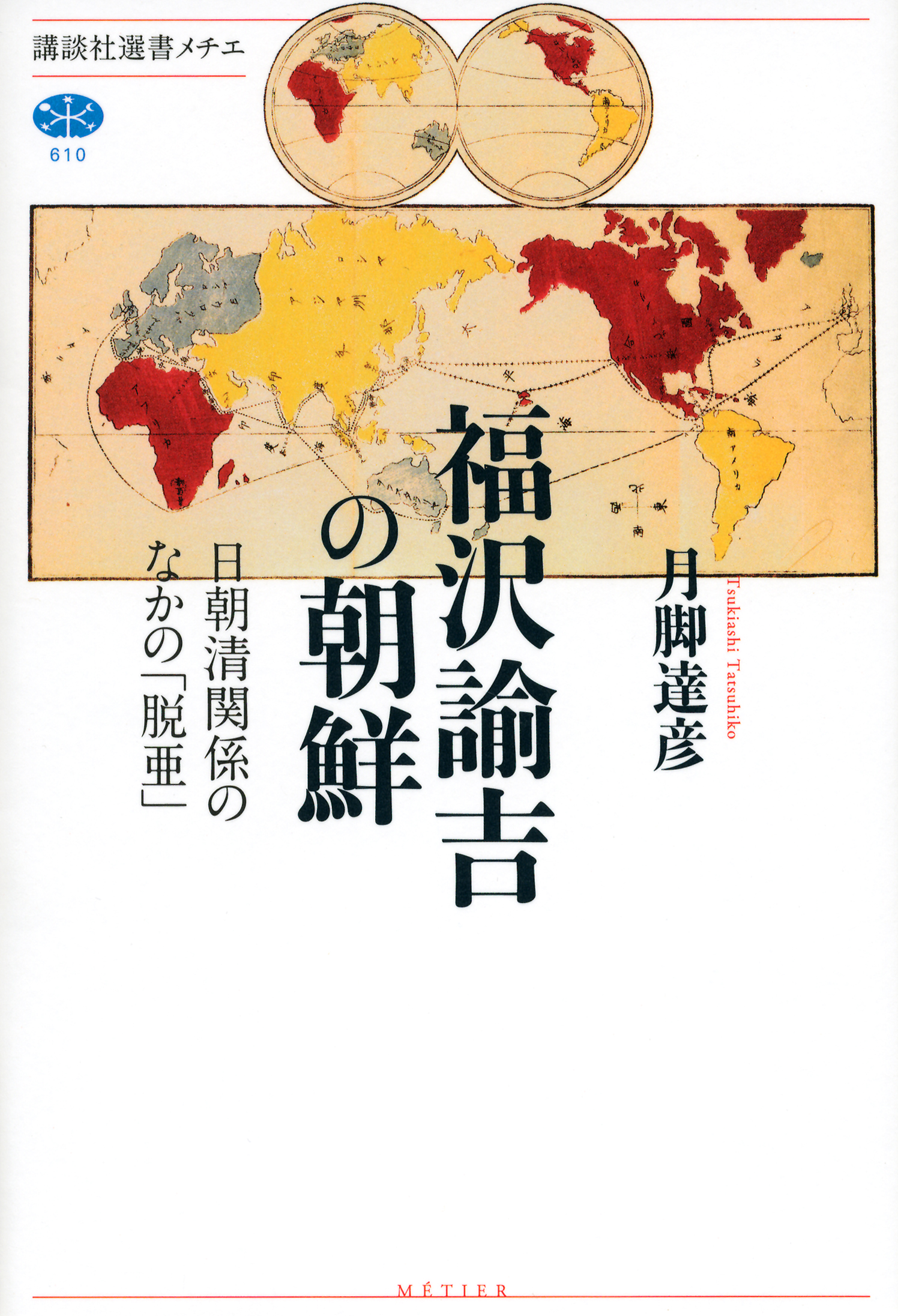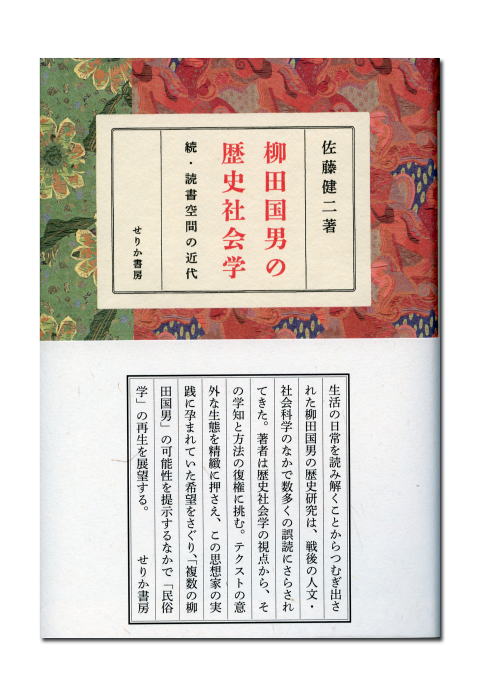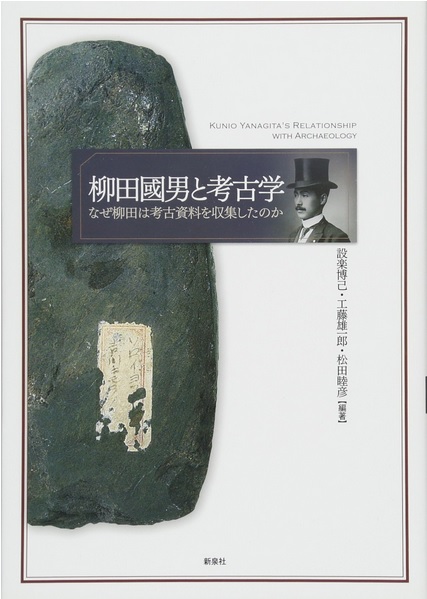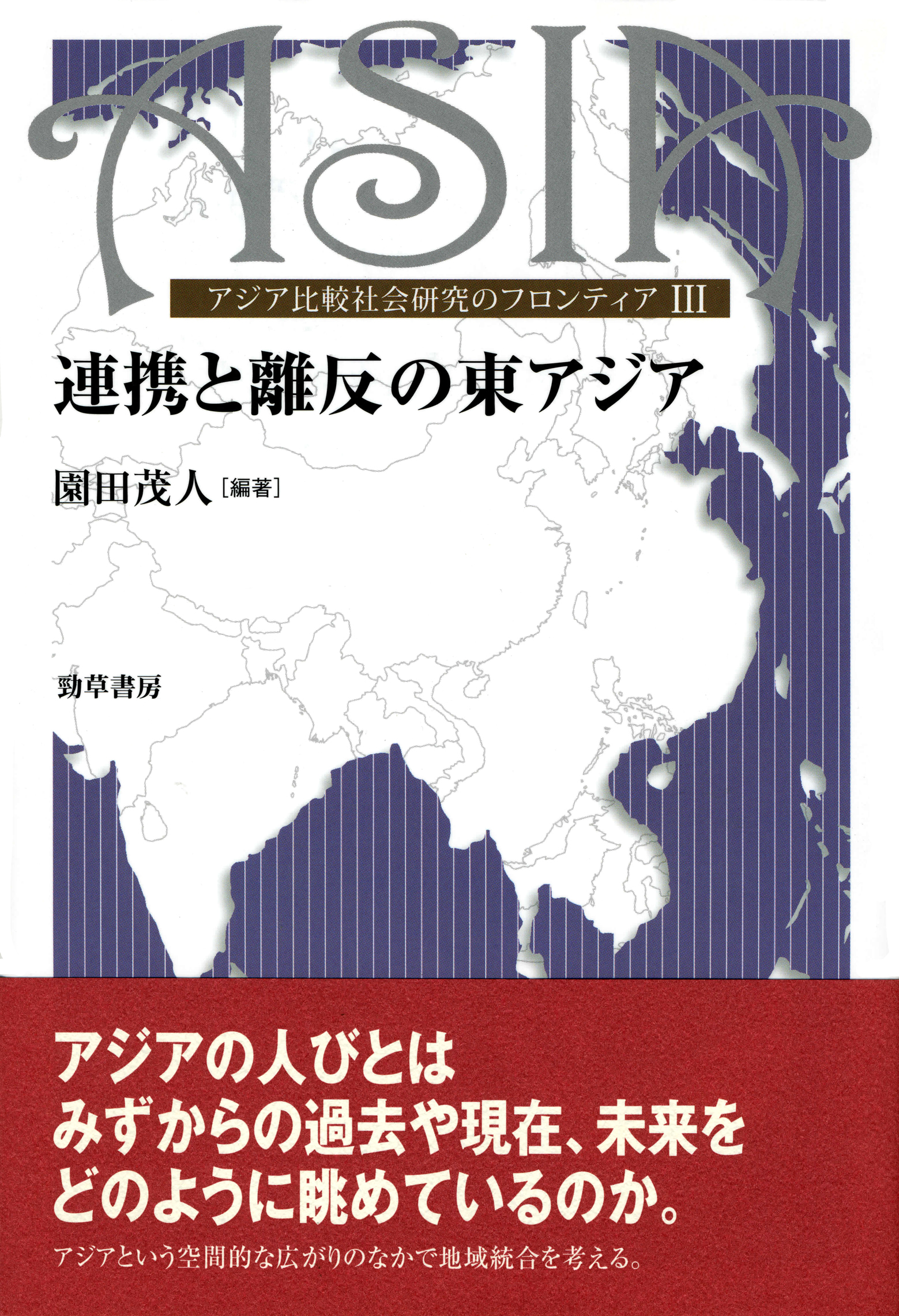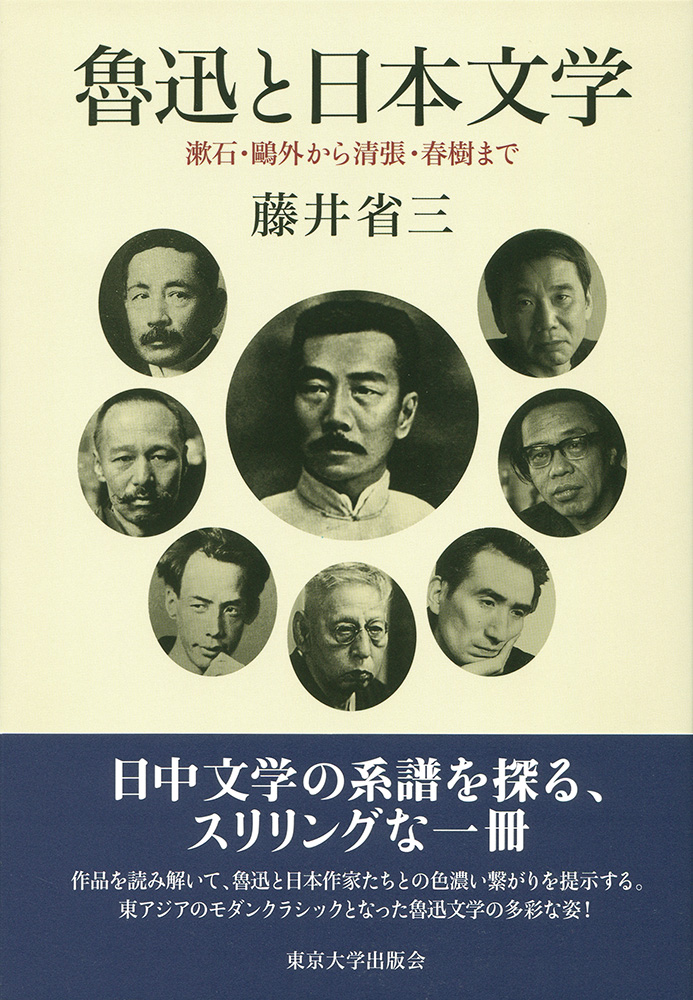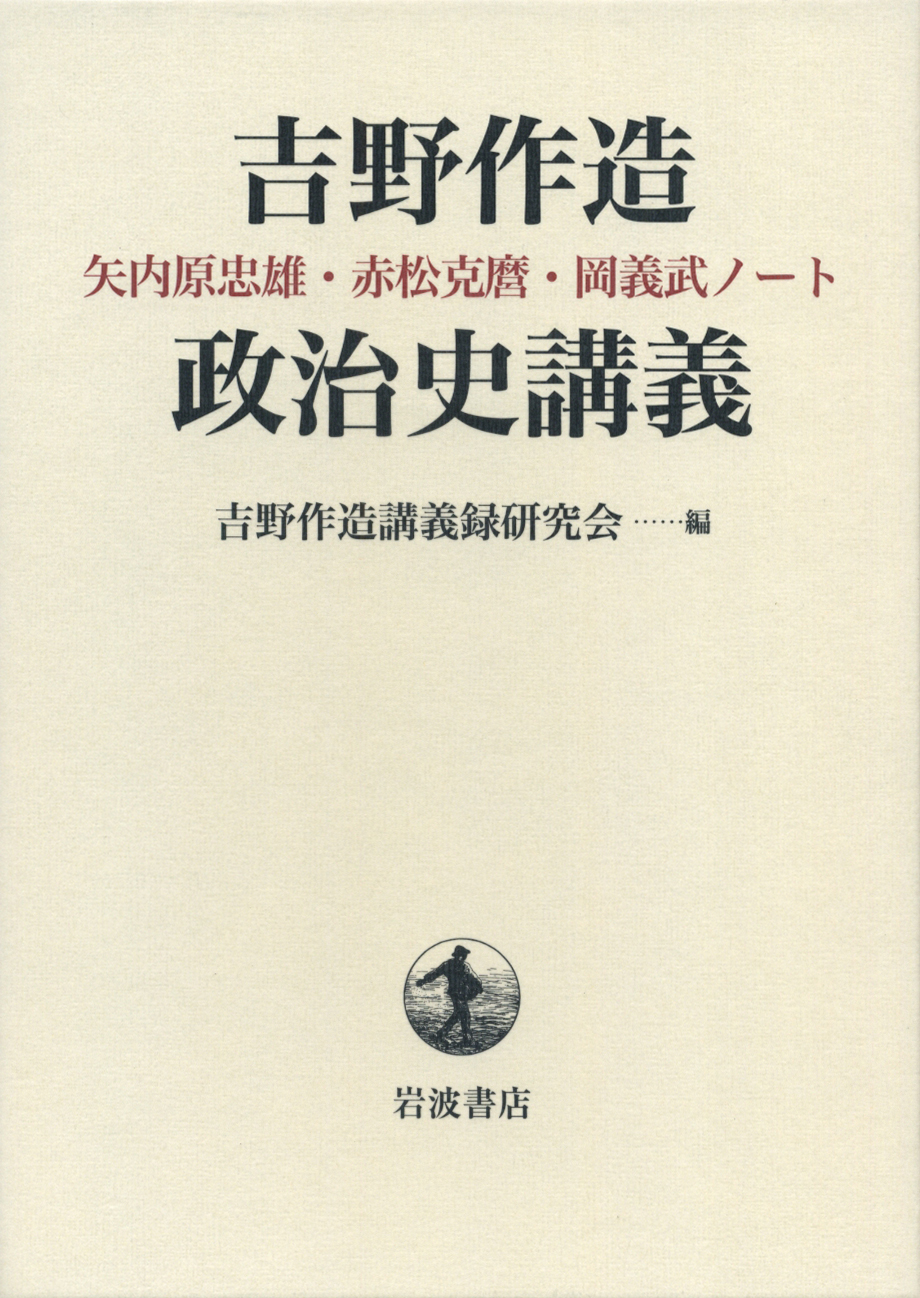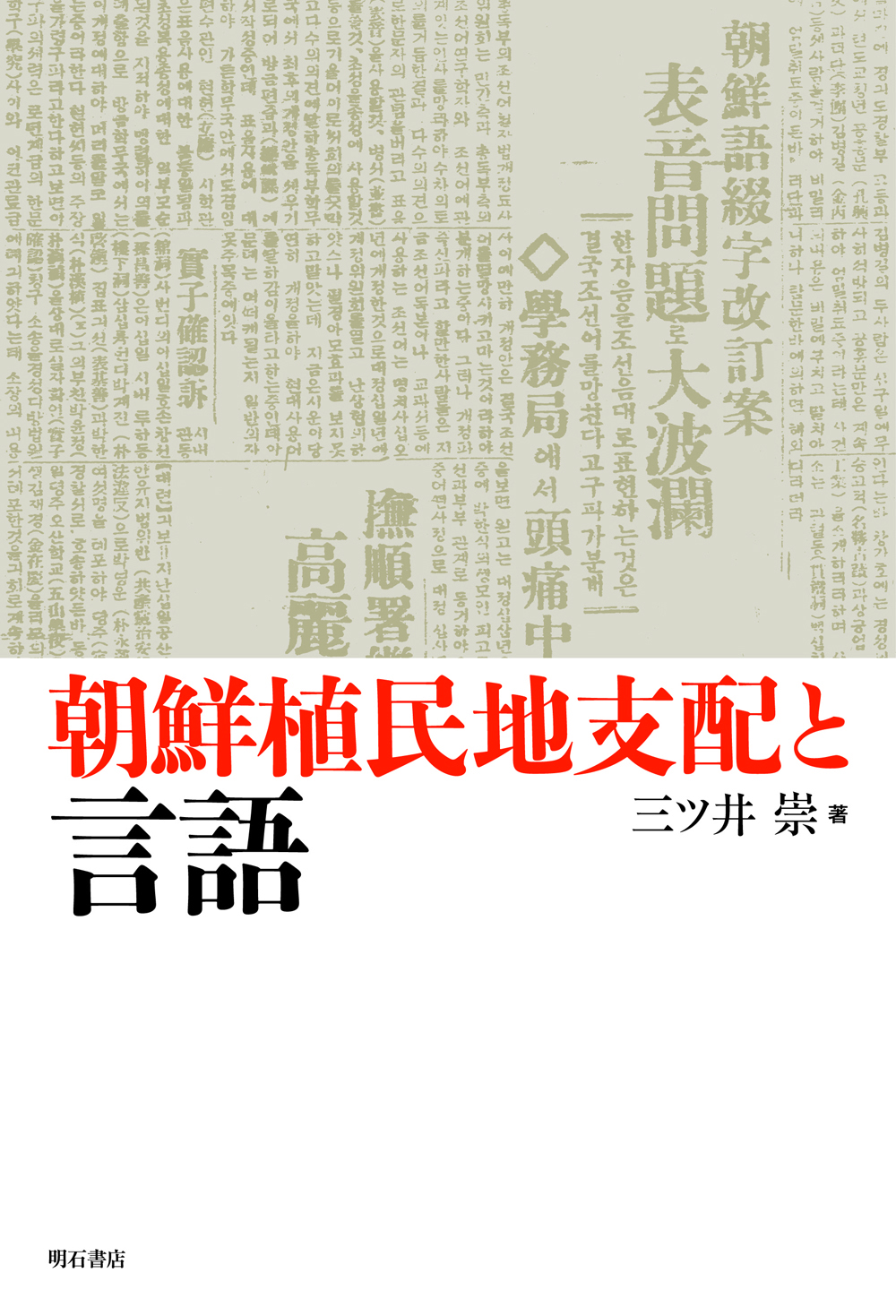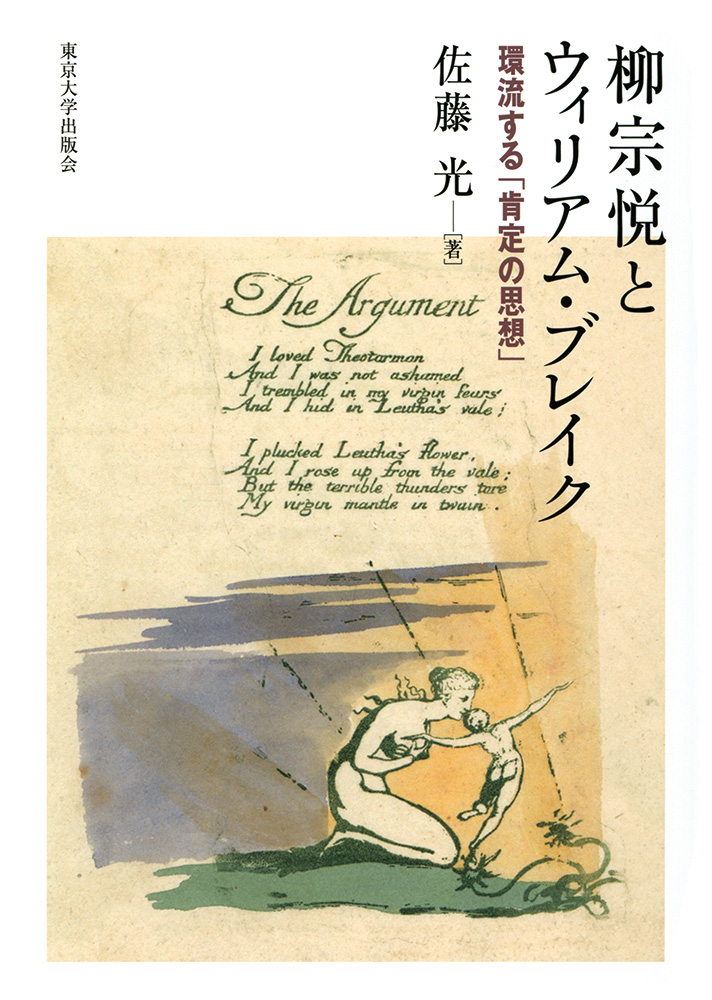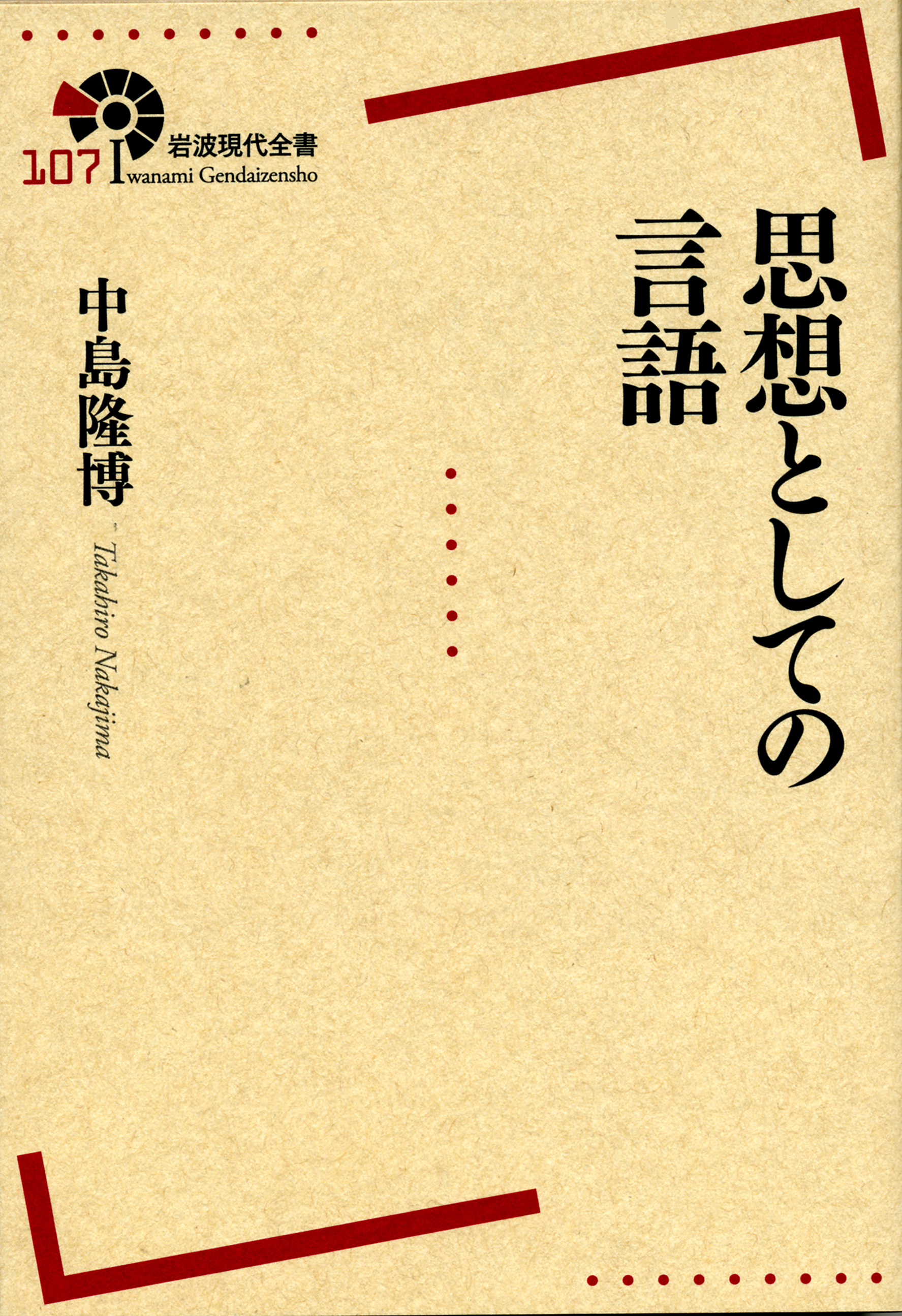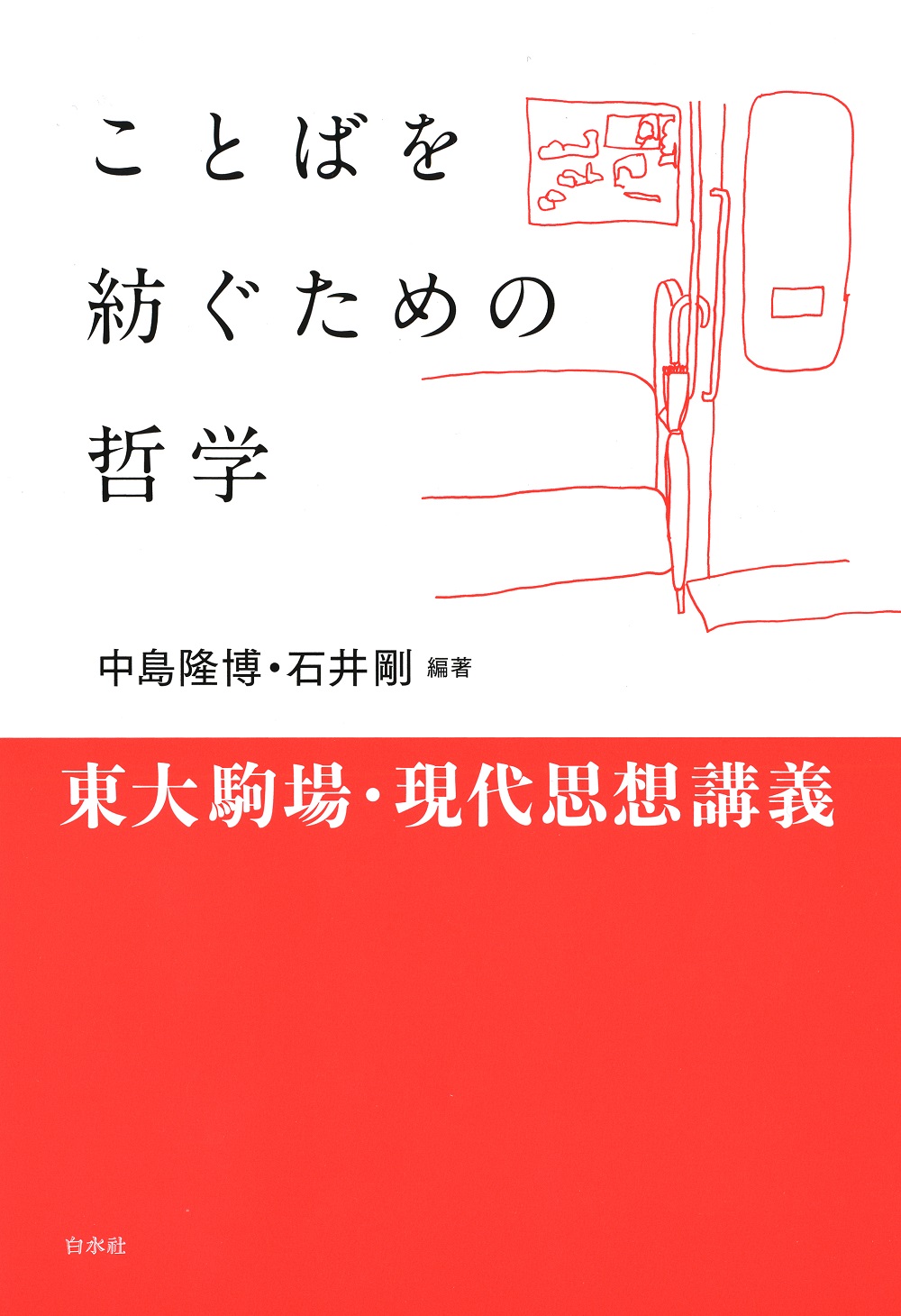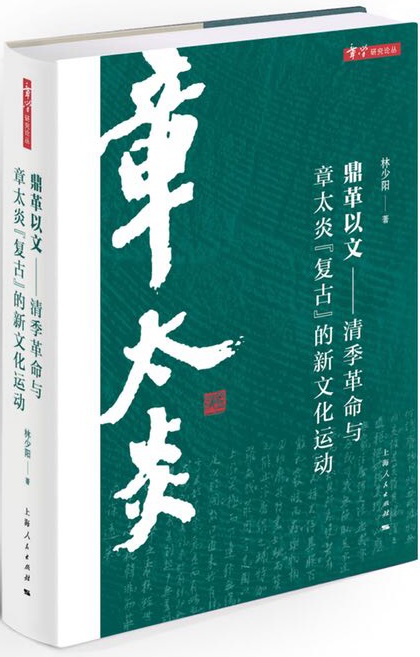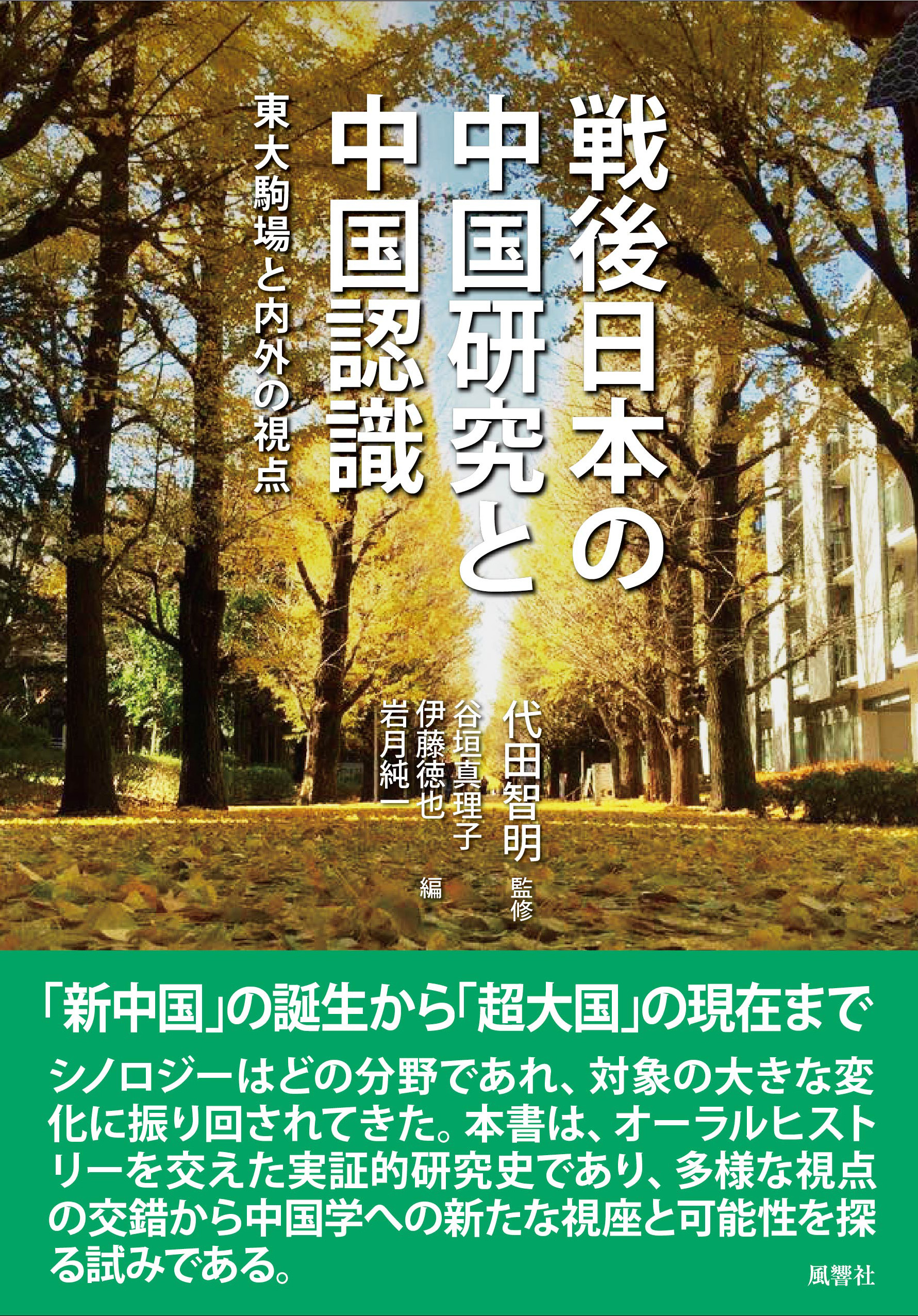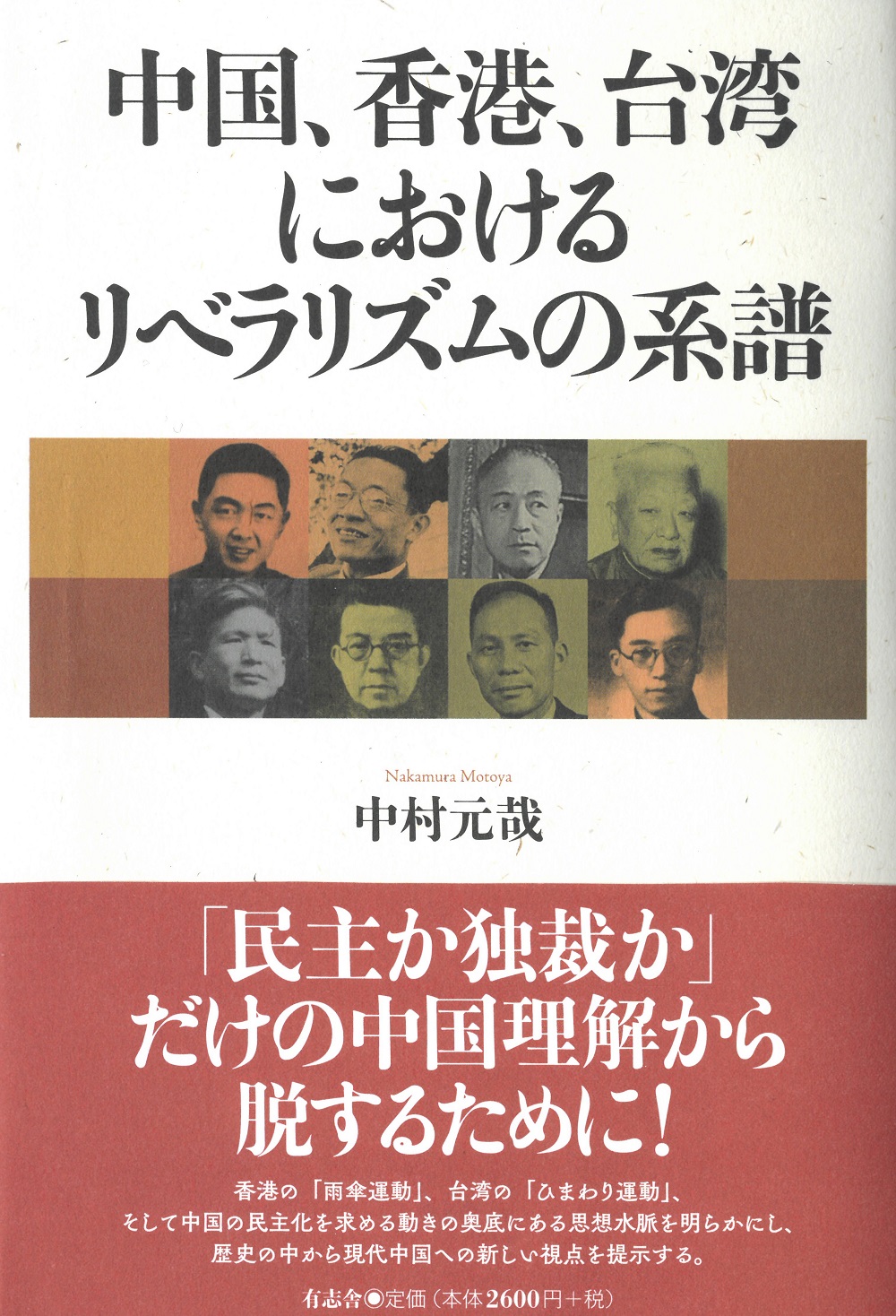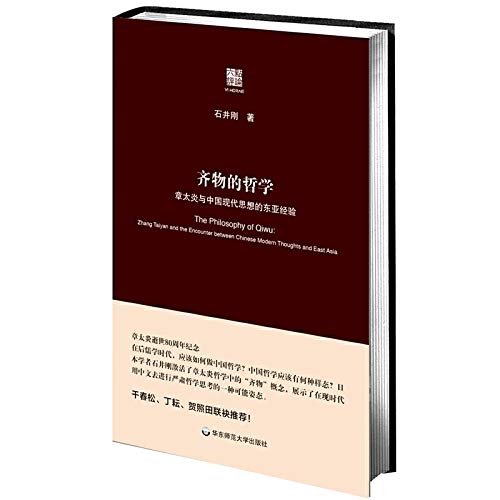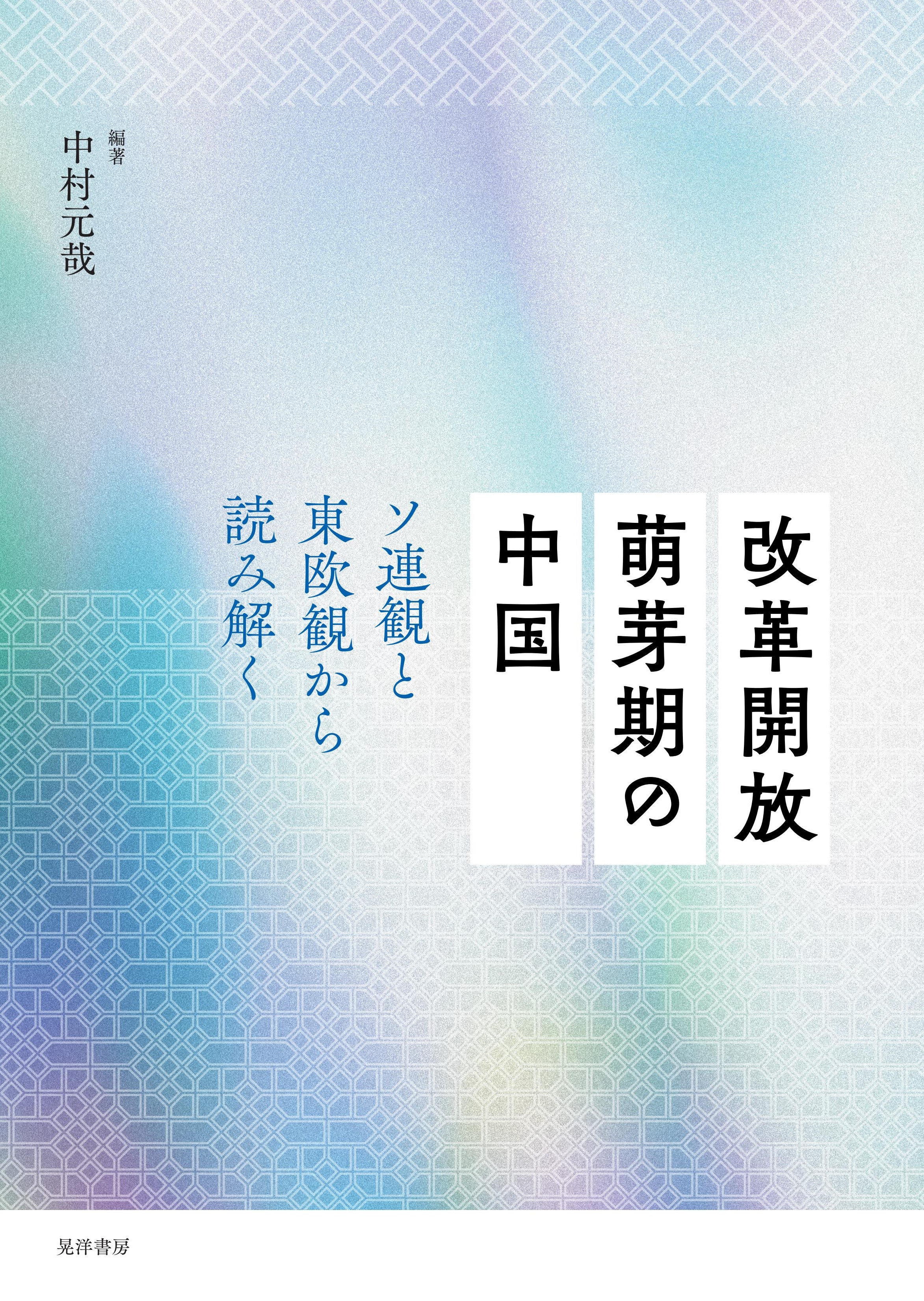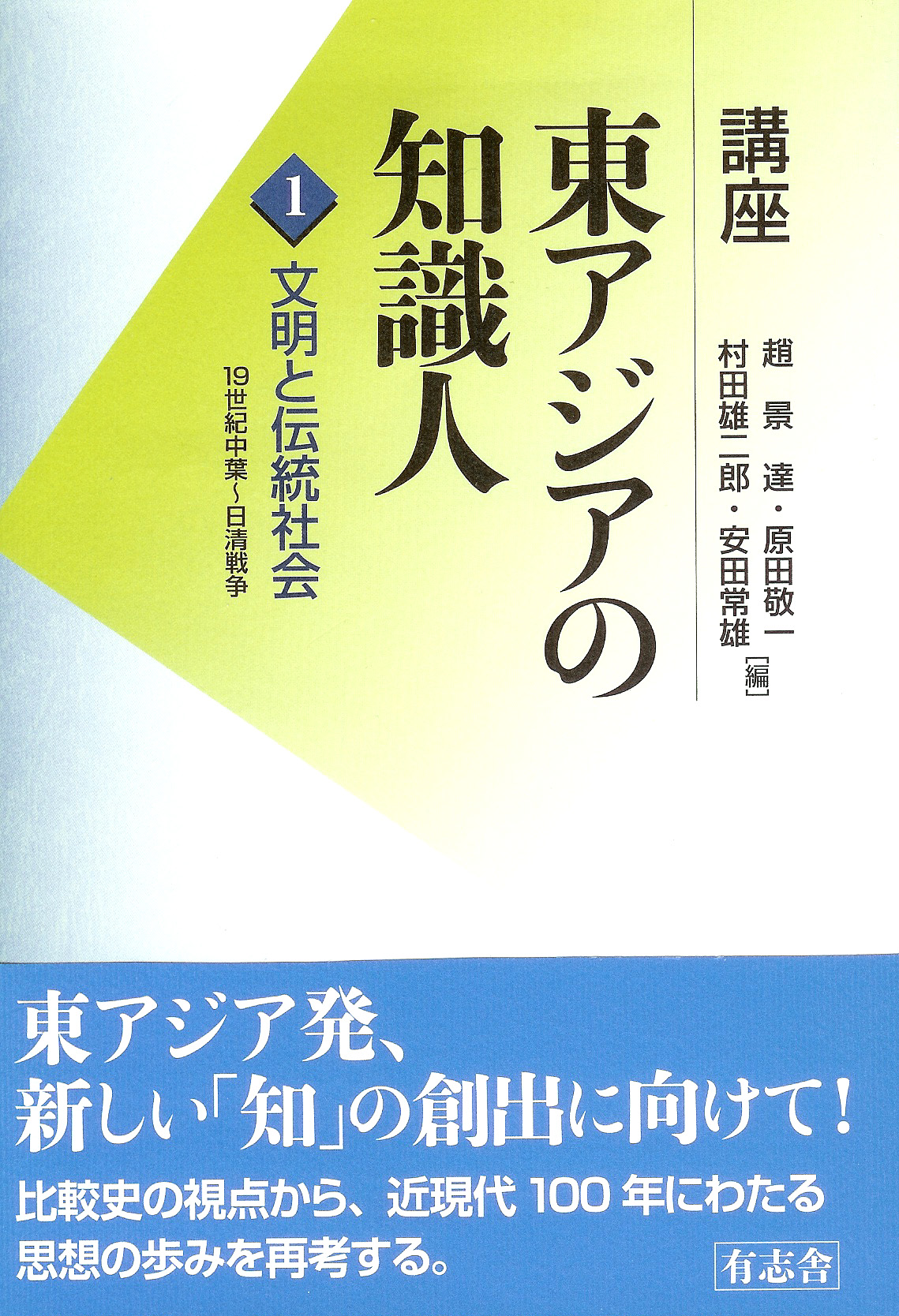
Title
[5 volume set] Higashi Asia no Chishikijin (Lecture series: Intellectuals of East Asia)
Size
Total of 1,904 pages in 5 volume set, A5 format
Language
Japanese
Released
October, 2013
ISBN
Vol.1 978-4-903426-75-4
Vol.2 978-4-903426-77-8
Vol.3 978-4-903426-79-2
Vol.4 978-4-903426-81-5
Vol.5 978-4-903426-84-6
Published by
Yushisha
Book Info
See Book Availability at Library
Higashi Asia no Chishikijin Vol.1 Higashi Asia no Chishikijin Vol.2 Higashi Asia no Chishikijin Vol.3 Higashi Asia no Chishikijin Vol.4 Higashi Asia no Chishikijin Vol.5
Japanese Page
This series discusses the thought and actions of intellectuals in modern East Asia from the mid-nineteenth century to the mid-1950s in a cross-sectional manner and from the perspective of comparative history, with a focus on individuals. The idea of an “East Asian community” has been talked about for a long time, but there has been no progress whatsoever in the integration of East Asia. Again, were one to build a new universalism, one should not wait for the winds of change to come from the west, as in the past, and one needs to explore the possibilities of a universalism originating in East Asia. But though we may speak of “East Asia,” it is not a monolithic entity, and when viewed historically, intellectuals have varied considerably in their modes of being.
The Japanese equivalent of “intellectual” derives from “intelligentsia” (of Russian origin) and emerged in the 1920s, but the intelligentsia as a social class was established in East Asia in modern times. In the traditional context of China, intellectuals might be equated with the literatus (dushuren) or scholar-official (shi). In Korea, the scholar-official was called sonbi and was an object of universal respect. An essential condition for becoming a literatus or scholar-official was the study of Confucianism, and therefore this status implied a degree of morality. This is why he was sometimes called a “student of the Way.” In early modern Japan the situation was somewhat different. A “student of the Way” was often regarded as someone who was otherworldly and ignorant of the ways of the world, and he was not necessarily an object of respect.
The meaning and content encapsulated in the word “intellectual” differed considerably in the three East Asian countries of China, Korea, and Japan. Therefore, it is not surprising that the roles fulfilled by intellectuals were also different. Of course, whether or not their respective countries became nation-states, and also circumstances such as war, civil strife, revolution, and so on, had important bearings on the issues they faced, but nor can one ignore aspects determined by the traditional mode of being of intellectuals. How did intellectuals in the three countries of East Asia respond to the issues of modernization and the crisis of colonization in the modern period, a time of great upheaval, and what sort of knowledge did they produce? And how did other countries and regions in East Asia react to and criticize Japan’s state-sponsored expansionism? This series takes up about 120 intellectuals and also a number of associations and organizations, and it examines the development of their intersecting, and sometimes even transborder, ideas and actions.
The titles of each of the volumes in this series are as follows:
Vol. 1, Civilization and Traditional Society: Mid-19th Century to Sino-Japanese War (“General Remarks” by Murata Yūjirō)
Vol. 2, The Formation of Modern States: Sino-Japanese War to Annexation of Korea and Xinhai Revolution (“General Remarks” by Harada Keiichi)
Vol. 3, The Discovery and Transformation of “Society”: Annexation of Korea to Manchurian Incident (“General Remarks” by Cho Kyŏngdal)
Vol. 4, Facing War: Manchurian Incident to Japan’s Defeat (“General Remarks” by Yasuda Tsuneo)
Vol. 5, Different Forms of the Postwar Period: Japan’s Defeat to the 1950s (“General Remarks” by Cho, Harada, Murata, and Yasuda)
This series extends its purview beyond Japan, Korea, and China and also takes up intellectuals in Taiwan, Vietnam, Mongolia, and Tibet. Further, by arranging the volumes in chronological order, the people taken up have been arranged in such a way that the reader can gain a grasp of what intellectuals of the same period shared and what ideas they came up with on their own. A round-table discussion by the four editors has been added to the final volume.
(Written by MURATA Yujiro, Professor, Graduate School of Arts and Sciences / 2017)



 Find a book
Find a book



